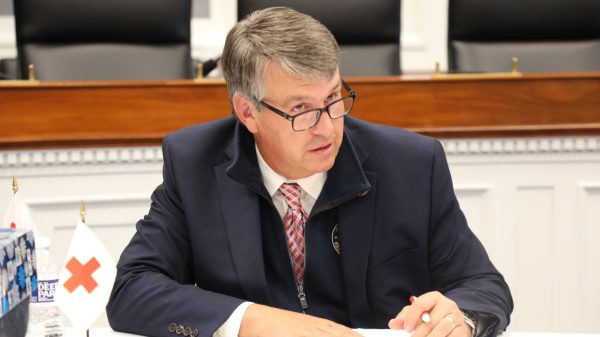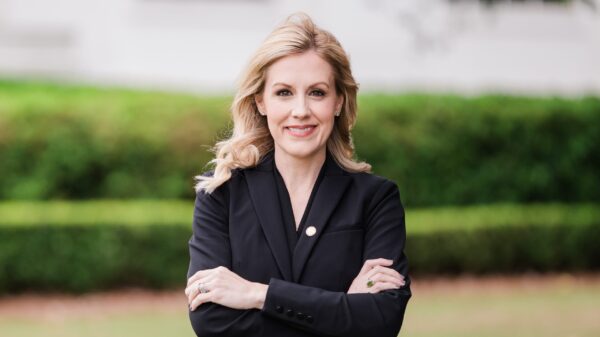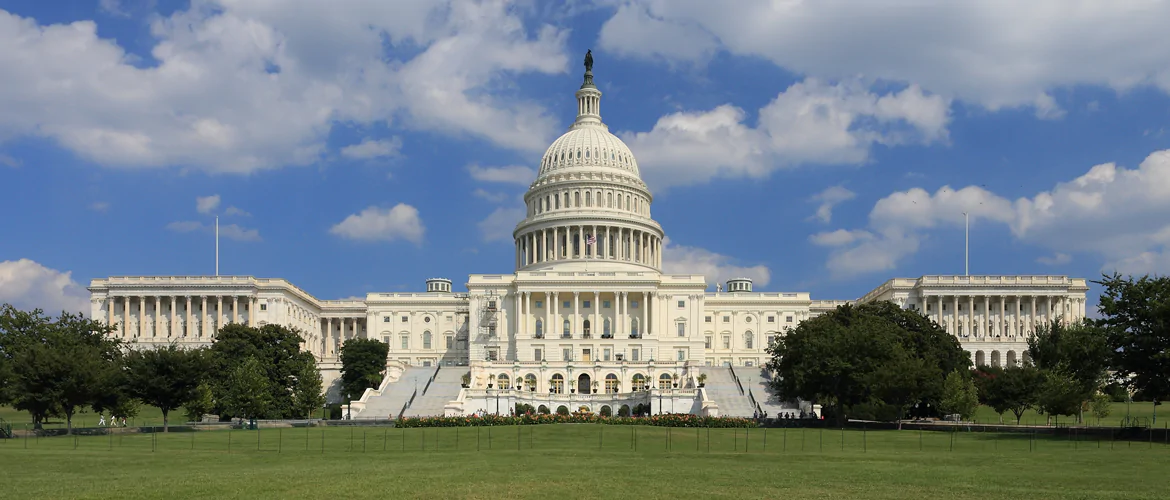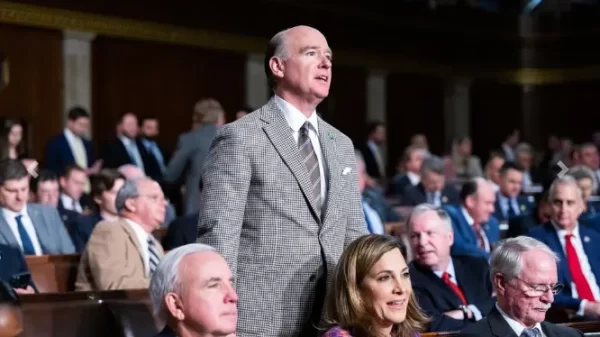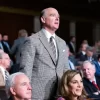By Brandon Moseley
Alabama Political Reporter
On Friday, December 18, the massive omnibus spending bill that funds the government until the end of September easily passed the US House of Representatives. US Representatives Gary Palmer (R-Hoover), Bradley Byrne (R-Montrose), and Mike Rogers (R-Saks) each separately released statements explaining why they voted no on the legislation.
The only members of the Alabama congressional delegation to vote “yes” on the legislation were Congressman Robert Aderholt (R-Haleyville) and Congresswoman Terri Sewell (D-Selma).
Congressman Palmer said in a statement, “A spending bill should reflect the priorities of our nation. This $1.1 trillion bill does not. It continues to pile debt on our children without sufficient reforms. Furthermore, it fails to include numerous policy priorities that should have been included. Recently, a veto-proof majority of the House passed legislation to strengthen the vetting of Syrian refugees. This reform should have been included in this bill, but was not. This bill also allows funds to continue to flow to Planned Parenthood and does nothing to defund Obama’s unlawful administrative amnesty.”
Congressman Mike Rogers strongly opposed the bill because funding for Obama’s Syrian Refugee plan was included in the legislation. Rogers said, “I am outraged that the bill that passed today did not prohibit funding for President Obama to bring refugees from the Syrian conflict to America. What happened in California demonstrates that Islamic terrorists are ready and willing to use our lax immigration system to enter our country to do us harm. Now, President Obama will be able to carry out his plan to let thousands of refugees from the Syrian conflict into the US. I have no confidence that these refugees can be properly vetted by this Administration. President Obama’s plan is dangerous and I will continue to fight against it.”
Congressman Bradley Byrne said that he voted against the omnibus bill, because he believed it failed to address the reality of our national security situation. Byrne said, “Our nation is at war, and I could not support a government funding bill that fails to address the reality of the serious security challenges our nation is facing. I was disappointed the bill did not include provisions to block any funding from going to the Syrian refugee resettlement program. For months now, I have been warning about the legitimate problems posed by this program, and this bill fails to prevent the President from bringing Syrian refugees into the United States.”
Earlier this month, Congressman Byrne introduced HR4031, the Defund the Syrian Refugee Resettlement Program Act, which would have eliminated all funding from going toward resettling Syrian refugees in the United States. Byrne also signed a letter to House Speaker Paul Ryan asking that language be included in the funding bill to block the Syrian refugee program. Those pleas were ignored.
Byrne was also frustrated with the process of passing large funding bills instead of passing individual government funding bills for each area of government.
Rep. Byrne said, “The problem with these massive funding bills is that they include a mixed bag of good and bad. I was pleased to see the bill include a provision to lift the decades old ban on crude oil exports, which is a positive development that will help grow the US economy. This bill just further demonstrates why we need to return to regular order where we pass individual funding bills throughout the year instead of having to pass these huge bills when we reach crisis mode. This just isn’t how our government should operate.”
Byrne said that this year, the House passed six individual government funding bills, but the Senate didn’t pass a single appropriations bill until after the September funding deadline.
Rep. Palmer acknowledged, “The bill does have a few good provisions, like lifting the ban on crude oil exports, which I have long supported. Unfortunately even this significant victory is overcome by the numerous deficiencies.”
The bill passed the House by a vote of 316 to 113. Despite the opposition of both Senators Richard Shelby and Jeff Sessions, the 2,242 page spending bill sailed through the Senate.



